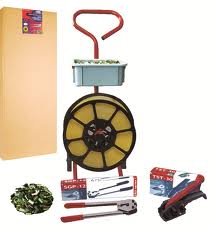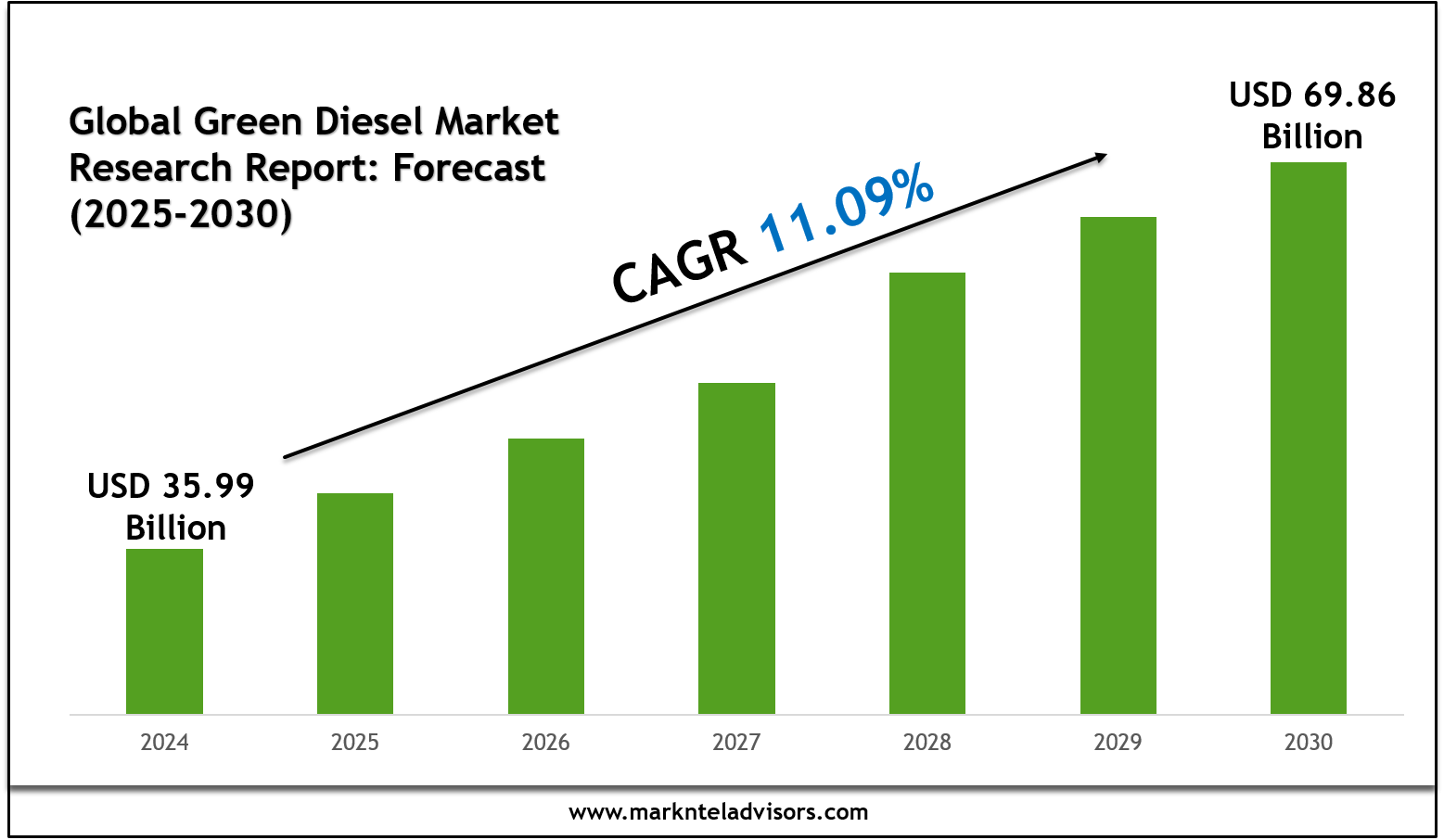Can You Recycle Plastic Strapping? The Facts About Polypropylene Strapping and More

Local businesses across various industries heavily rely on plastic strapping for bundling packages in both shipment and warehouse operations. Among the most common types is polypropylene strapping, favored for its balance of affordability and lightweight benefits. With increasing environmental awareness, many industrial businesses are now asking about the recycling potential of plastic strapping.
The good news is, plastic strapping can be recycled, although there are specific factors that need careful consideration during the process.
Understanding Plastic Strapping Recycling
Any method of plastic strapping, including polypropylene strapping, can be recycled, provided local recycling facilities have appropriate waste management regulations in place. Strapping materials are composed of refined polymers that can be recovered and repurposed to manufacture new products. The primary challenges in this process are the cost-effective collection and proper sorting of used strapping material.
Recyclability of Polypropylene Strapping
Polypropylene strapping (PP strapping) is the most recyclable form of plastic strapping. Classified under recycling code #5, PP can be transformed into a variety of new plastic products, such as automotive components, plastic containers, and even new, pliable strapping elements. Industrial businesses that utilize polypropylene strapping should contact nearby recycling centers to determine their specific waste disposal procedures.
Challenges in Recycling Plastic Strapping
Despite being a recyclable material, plastic strapping does present certain waste management difficulties. The small dimensions of strapping pieces can pose a threat to recycling equipment, as they may cause machinery entanglement and lead to operational interruptions.
Furthermore, recycling facilities often reject strapping that is contaminated or consists of mixed materials. To maximize the recyclability of plastic strapping, businesses need to implement best practices that include independent collection and bundling of used strapping materials, ensuring they are clean and sorted.
Benefits of Recycling Plastic Strapping
Recycling plastic strapping offers significant environmental and economic advantages. It reduces the amount of waste sent to landfills and lessens the reliance on virgin plastic manufacturing. The reuse of discarded polypropylene strapping materials allows manufacturers to decrease their operational energy consumption and reduce greenhouse gas emissions.
Moreover, a company that implements robust recycling programs can enhance its sustainability image, which often attracts customers who prioritize environmental protection.
Alternatives to Single-Use Plastic Strapping
Recycling is a vital solution, but businesses can also explore alternatives to traditional plastic strapping. Biodegradable strapping and reusable polyester strapping are two sustainable options gaining traction in the eco-friendly market. Utilizing either recyclable or reusable strapping materials enables organizations to significantly decrease their plastic waste accumulation over extended periods.
Conclusion
Businesses can effectively recycle polypropylene strapping and other plastic strapping materials by establishing functional systems for proper disposition and adhering to responsible recycling practices. By following best practices and exploring alternative materials, companies can cultivate more sustainable supply chain operations. Investing in recycling initiatives not only benefits the environment but also establishes economical and sustainable waste disposal methods.
Source: https://medium.com/@thepalletwraps/can-you-recycle-plastic-strapping-the-facts-1b5ebb225215




